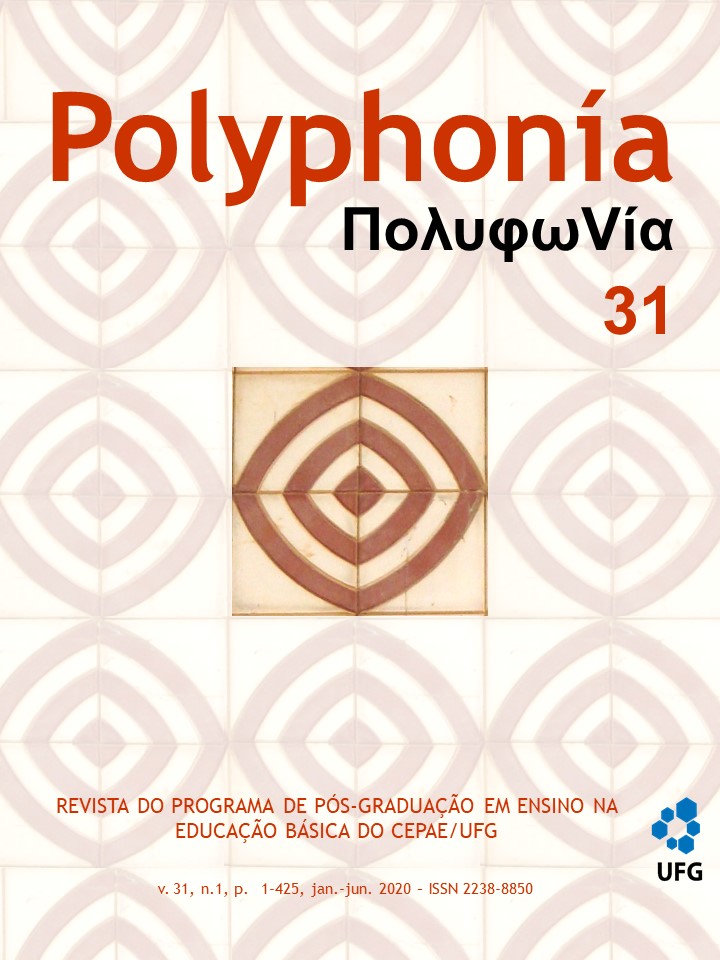Potencial polinizador para justiça social dos núcleos RIEC FURB e RIEC ECOFOR
DOI:
https://doi.org/10.5216/rp.v31i1.66962Abstract
Education occupies an important place in human formation as it promotes the unveiling of knowledge blindness. For that, education requires spaces that promote the construction of knowledge, reconnect concepts of equality and society in order to enable the act of educating in all its entirety. In order to report the main activities that guided the activities of the RIEC FURB and RIEC ECOFOR Centers in Santa Catarina, engaged with social justice, this article was prepared based on a documentary and bibliographic research, from data in the records of the centers and related publications. The data demonstrate an intense activity of both centers in the development of teaching, research and extension and reveal the socializing potential of the actions undertaken in order to consolidate the performance of the International Network of Creative Schools from basic education to higher education in the period from 2012 to 2020.Downloads
Download data is not yet available.
Downloads
Published
2020-12-08
How to Cite
SIMÃO, Vera Lúcia; DE SOUZA E SILVA, Vera Lúcia; DE LA TORRE, Saturnino. Potencial polinizador para justiça social dos núcleos RIEC FURB e RIEC ECOFOR . Revista Polyphonía, Goiânia, v. 31, n. 1, p. 286–304, 2020. DOI: 10.5216/rp.v31i1.66962. Disponível em: https://revistas.ufg.br/sv/article/view/66962. Acesso em: 11 feb. 2026.
Issue
Section
Dossiê Escola, Complexidade e Justiça Social
License
Política de direitos autorais (acesso livre). Autores que publicam nesta revista concordam com os seguintes termos: Autores mantém os direitos autorais e concedem à Revista Polyphonía o direito de primeira publicação, com o trabalho simultaneamente licenciado sob a Creative Commons Attribution License que permitindo o compartilhamento do trabalho com reconhecimento da autoria do trabalho e publicação inicial nesta revista.
Autores têm autorização para assumir contratos adicionais separadamente, para distribuição não-exclusiva da versão do trabalho publicada nesta revista (ex.: publicar em repositório institucional ou como capítulo de livro), com reconhecimento de autoria e publicação inicial nesta revista.
Autores têm permissão e são estimulados a publicar e distribuir seu trabalho online (ex.: em repositórios institucionais ou na sua página pessoal) a qualquer ponto antes ou durante o processo editorial, já que isso pode gerar alterações produtivas, bem como aumentar o impacto e a citação do trabalho publicado (Veja O Efeito do Acesso Livre).


